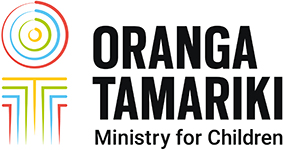Armstrong Creative, a Wellington production company, has run two courses at Whanganui Prison this year as part of the three-year Creative Arts and Cultural Wellbeing Prison Initiative.
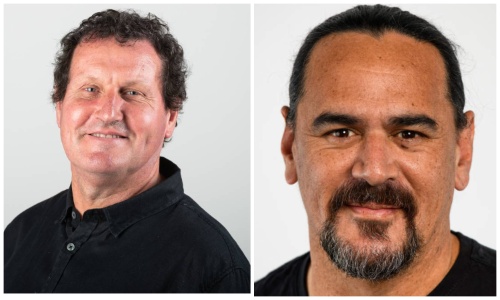 The kōrero/storytelling course was run twice a week over eight weeks. The acting/devising course was an intensive three-day acting/devising workshop. Both were led by actor, playwright and musician Jamie McCaskill of the Māori Sidesteps musical comedy group, and playwright and columnist Dave Armstrong.
The kōrero/storytelling course was run twice a week over eight weeks. The acting/devising course was an intensive three-day acting/devising workshop. Both were led by actor, playwright and musician Jamie McCaskill of the Māori Sidesteps musical comedy group, and playwright and columnist Dave Armstrong.
Armstrong Creative is one of 12 providers funded through the Creative Arts and Cultural Wellbeing Prison Initiative, a partnerhip between Manatū Taonga and Ara Poutama Aotearoa the Department of Corrections. Read more about this initiative
Both tutors say they relished working with the tāne. “They were welcoming, funny and authentic, and worked really hard,” Dave says.
Jamie adds: “It’s been one of the highlights of my year, and the staff at the prison heartily approved of what we were doing and made us feel incredibly welcome.”
“One tāne told us, ‘this course made us focus on what makes fictitious characters tick. But when you do it on yourself, it makes you think about yourself in a totally different way and want to make real change’.”
Learning how to tell stories
In the kōrero/storytelling course, tāne learned various ways of telling stories and then produced work of their own.
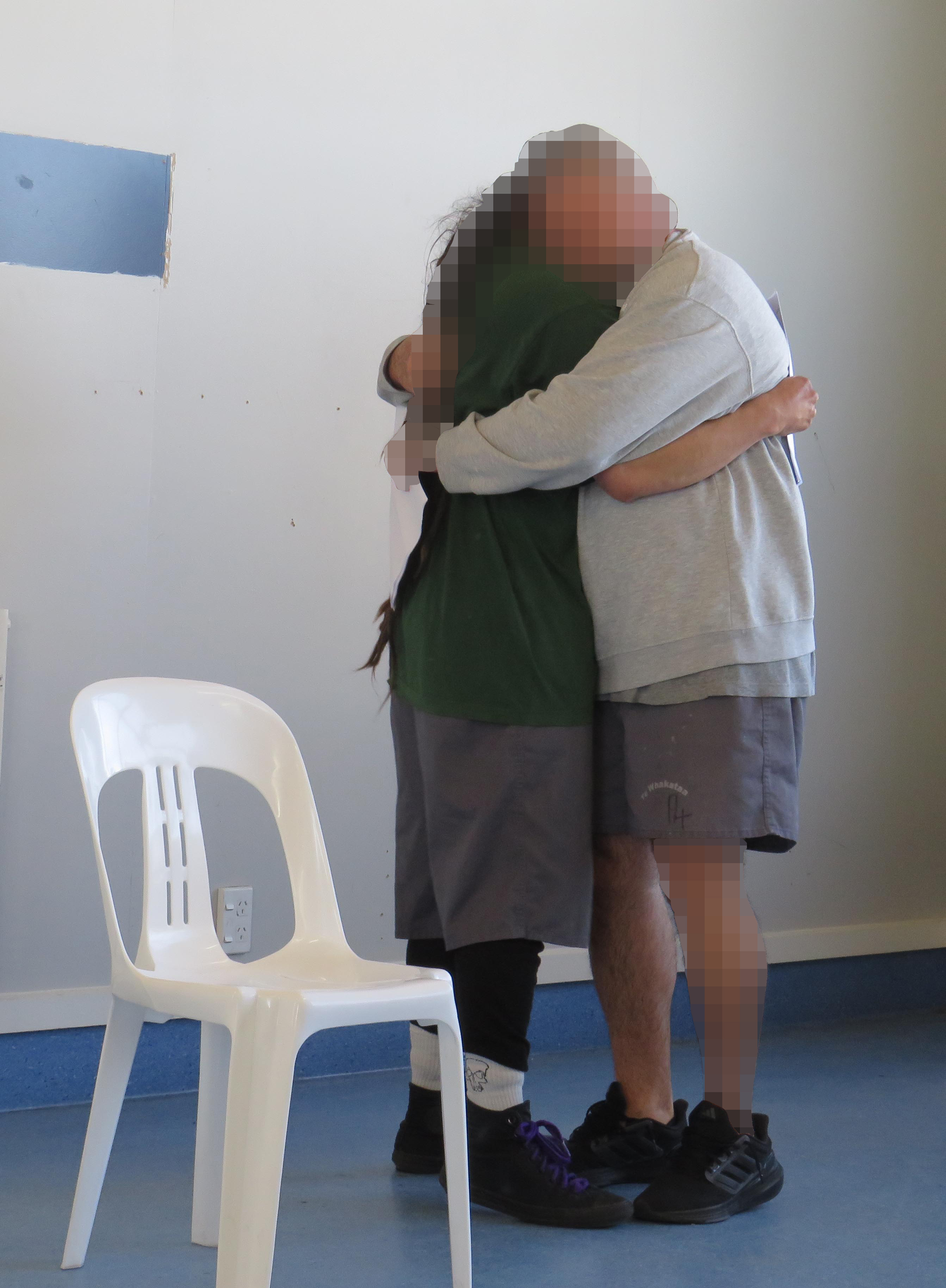 “We didn’t call the course “creative writing” for a good reason,” Dave explains. “Many tāne have had bad experiences being made to write at school. Some also have challenges with literacy and so they think writing isn’t for them. In fact, many of the tāne are awesome storytellers and full of creativity.”
“We didn’t call the course “creative writing” for a good reason,” Dave explains. “Many tāne have had bad experiences being made to write at school. Some also have challenges with literacy and so they think writing isn’t for them. In fact, many of the tāne are awesome storytellers and full of creativity.”
The tāne made up their own stories, often orally, then wrote them down. They also read works by other writers. Jamie’s play Manawa, set in a prison, was a favourite.
“I was worried because I’d written this play featuring a character who was the country’s youngest murderer,” Jamie says. “I’d had no personal experience of the prison system until running this course. I thought the tāne would think I was an imposter but they loved the play because it was so relevant to them.”
During the course, the tāne produced their own short stories, essays, memoir, skits, poems and dramatic scenes, as well as doing exercises. For one exercise, the men were given an object, a word and a location, and had to create a story around it.
“We gave them a building site, a tiki and the word ‘relax’,” Dave says. “Two tāne wrote an incredible scene about the consequences of a Māori boss of a construction company refusing to follow tikanga when a tiki is found buried on the site.”
The discussion provoked by the writing
The tutors were careful not to censor the tāne. “They often wrote about their own lives,” Jamie says. “This included scenes set in prison and in gang pads, and they had fictitious characters who committed crimes. We weren’t judgemental, as long as they didn’t incriminate themselves or other people.
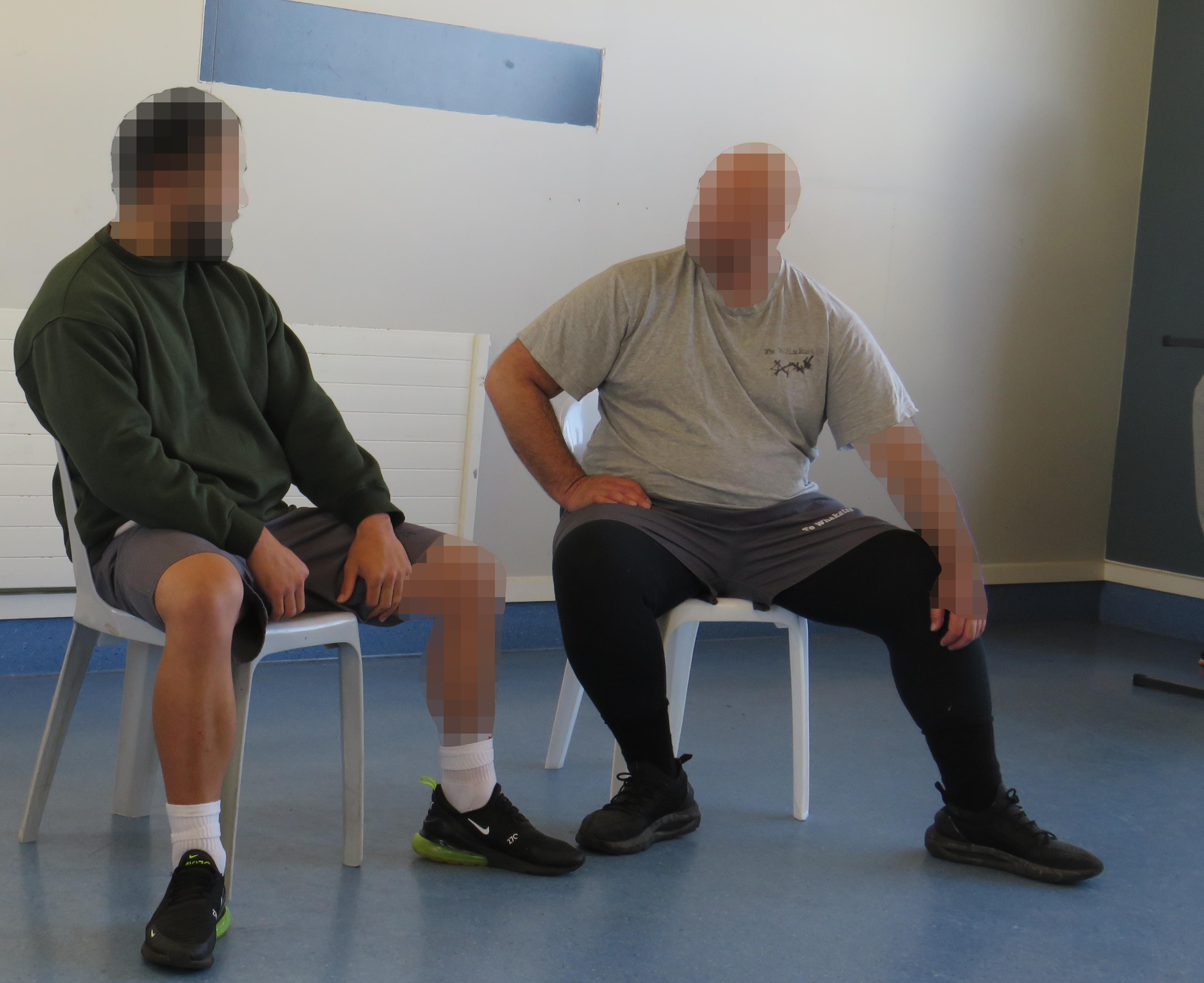 “What was fantastic is the discussion their writing provoked. It led them to focus on where they screwed up in life and how they could improve things. We worried they might glorify things like crime and violence but it was quite the opposite.”
“What was fantastic is the discussion their writing provoked. It led them to focus on where they screwed up in life and how they could improve things. We worried they might glorify things like crime and violence but it was quite the opposite.”
The group of 10 tāne in the kōrero/storytelling course produced scripts that became the basis of the three-day intensive acting/devising course, held later in the year.
“The actors loved the content they were given because the scenarios, written by their peers, were totally relevant to them,” Dave says.
The scripts included a story about a younger criminal taking the rap for an older one, with tragic consequences, and a prisoner faking a drug test in prison.
“Even though aspects of the scenes were quite grim, the 10 tāne involved said they totally related to the situations and the characters,” Jamie says.
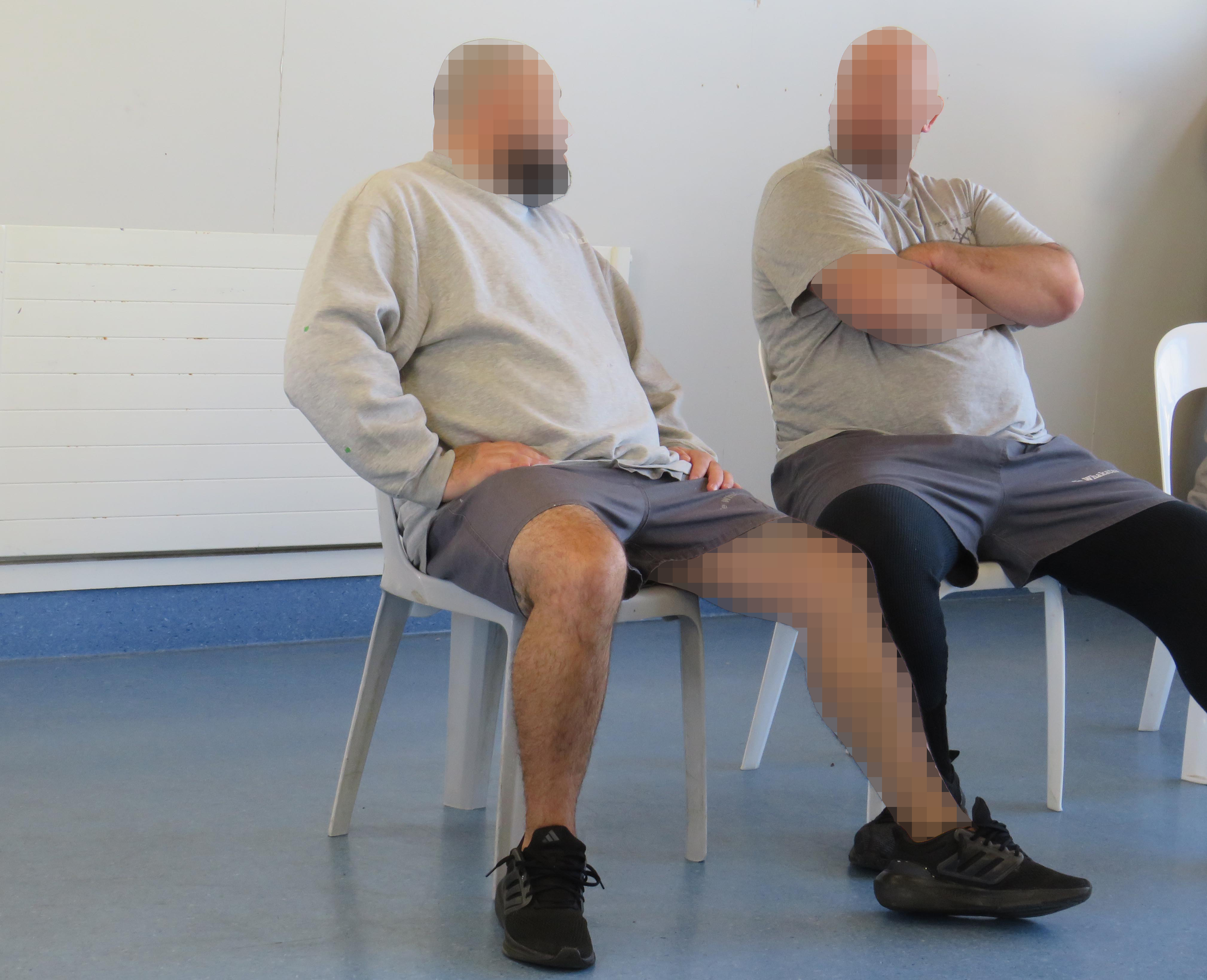 The tāne also devised a 15-minute drama, inspired by an excercise where the tāne had to perform Little Red Riding Hood in another genre. It ended up morphing into a sad drama about a young man, Jeff, who started selling P as a way of trying to get back his partner and children. It ended tragically when Jeff’s older brother had to pay the ultimate price for his younger brother’s ambition.
The tāne also devised a 15-minute drama, inspired by an excercise where the tāne had to perform Little Red Riding Hood in another genre. It ended up morphing into a sad drama about a young man, Jeff, who started selling P as a way of trying to get back his partner and children. It ended tragically when Jeff’s older brother had to pay the ultimate price for his younger brother’s ambition.
“I was blown away by the talent, the courage, and the emotional commitment the men displayed,” says Jamie, who co-directed the piece, along with one of the men. “One tāne had to play a grieving woman. He could have camped it up and made a joke of it but he did it totally seriously – and beautifully.”
Jamie and Dave say they are looking forward to returning to Whanganui Prison in 2024 and 2025 to run the courses again.


